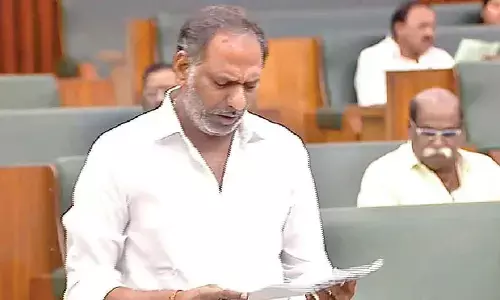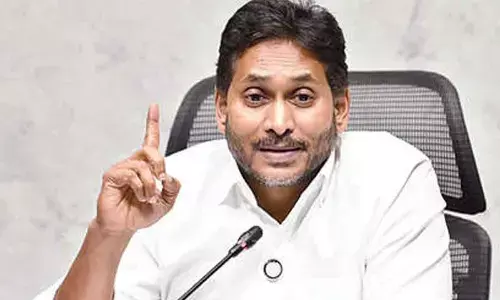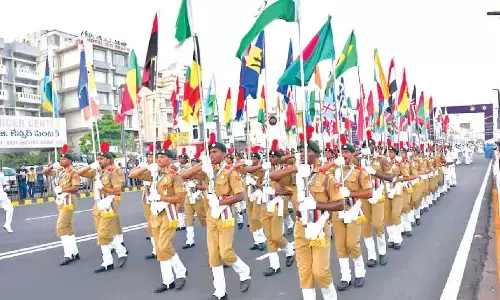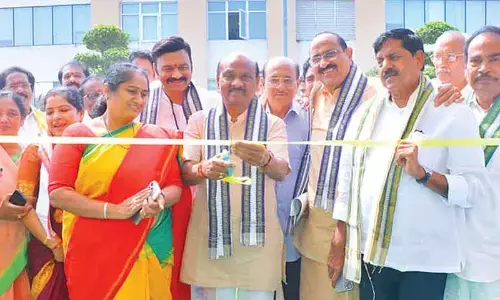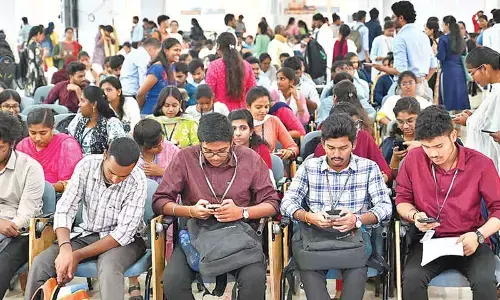New avenues open up for Indian lawyers
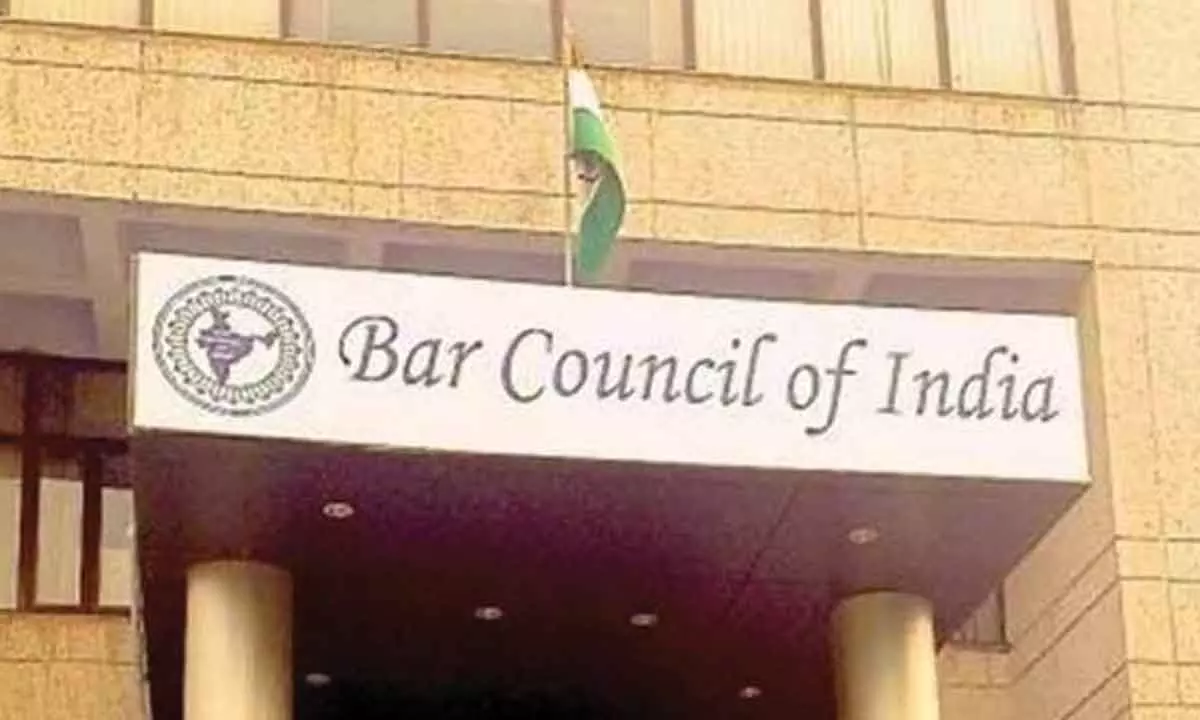
In a significant development in the legal field, the Bar Council of India (BCI) has allowed foreign lawyers and law firms to practise foreign law in India on a reciprocity basis.
In a significant development in the legal field, the Bar Council of India (BCI) has allowed foreign lawyers and law firms to practise foreign law in India on a reciprocity basis. The BCI has come out with the Bar Council of India Rules for Registration and Regulation of Foreign Lawyers and Foreign Law Firms in India, 2022 to enable international lawyers and arbitration practitioners to practise in India.
Whether foreigners would be allowed to practise in India has always been a moot point and whenever there was a reciprocal arrangement with any country, this was deemed appropriate. The BCI now reasons its objects as: "Time has come to take a call on the issue. Bar Council of India is of the view that opening up of law practice in India to foreign lawyers in the field of practice of foreign law; diverse international legal issues in non-litigious matters and in international arbitration cases would go a long way in helping legal profession/domain grow in India to the benefit of lawyers in India, too." The general feeling in the BCI is that allowing this to happen will not be disadvantageous to India or Indians.
Professional interactions are always welcomed in every field in the world as they not only spread the efficient practices throughout the world but also give a chance to the disadvantaged to learn a lot through such interactive phases. The BCI adds "...it would be mutually beneficial for lawyers from India and abroad and these Rules are an attempt by the Bar Council of India in this direction. These rules will also help to address the concerns expressed about flow of Foreign Direct Investment in the country and making India a hub of International Commercial Arbitration...Let us ensure that an opportunity for creating development and growth for the legal profession and in the legal sphere in India is not lost."
The Model Legal System was formed in India during the British Raj. The English Law was described in the charter of 1661. The East India Company, not the British crown, exercised jurisdiction over the courts prior to 1726. In the Post-Independence period, Committees and Acts were formed by the Indian government to regulate the legal profession in the country. The fact remains that India is still in the process of globalising its economy. Foreign countries permit Indian lawyers to work there, so why shouldn't we reciprocate the favour after some small requirements are met? India is a founding member of the General Agreement on Trade in Services (GATS) of the World Trade Organization (WTO). The agreement's main objective is to promote the free flow of goods worldwide.
India is obliged to open up the services sector to member-nations. Legal profession is also taken to be one of the services which is included in GATS. The business transactions of foreign law firms in India are obviously governed by the Indian law and the foreign law firms (FLFs) and foreign legal consultants (FLCs). The Bar Council of India is responsible for ensuring the reciprocity. The Council has right to cancel the registration of any foreign lawyer or law firm, any time, if it comes to the notice of the council through any source that the Indian lawyers or Indian law firms are being discriminated against by the counterpart foreign country concerned in any manner. It would be interesting to watch the impact of the decision on the Indian legal system henceforth.


